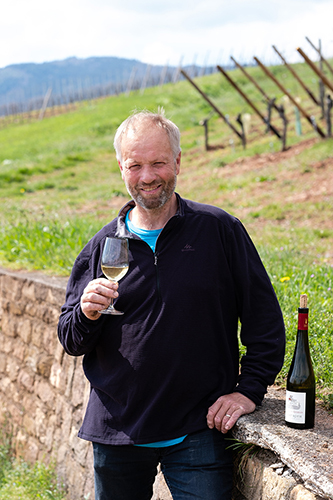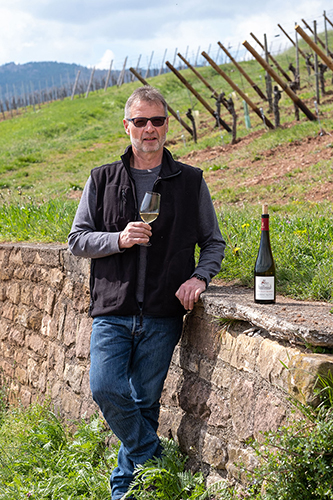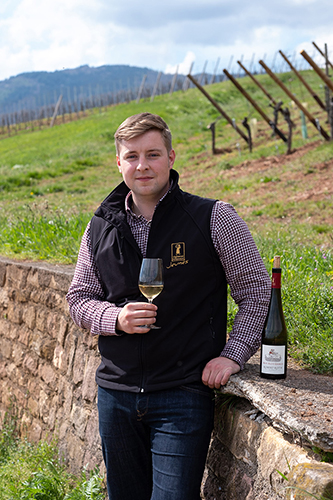A Family, a Terroir, a History
In the Roth family, wine-growing is a tradition that definitely goes back to the early 19th century, very probably even earlier. From generation to generation, the family’s wine-growers cultivated their plots on the slopes of the Rimbach Valley and produced their wine discreetly. At that time, this winegrowing was just one element of a very varied agricultural activity that was still not very specialized.
Just after the Second World War, when Alsace had become French once again and was enjoying a revival, Victor Roth and his wife Amélie (whose maiden name was Burner, another wine-growing family) devoted themselves more specifically to cultivating vines, wine-making, and the sales of their wines in bottles. They united the vineyards of both their families, bought up new plots to achieve an area of 3–4 hectares, and extended the little historical winery in Soultz town centre.
In the late 1950s, their son Robert Roth started working alongside his parents. Together, the three of them increased their production and improved the quality of their wines. They built up a following of loyal customers, gaining an emerging reputation in the Guebwiller area, then as time went by, outside Alsace. They also bought up the Obermühle mill, formerly belonging to the Waldner de Freundstein family, which would soon become the new headquarters for the Domaine.
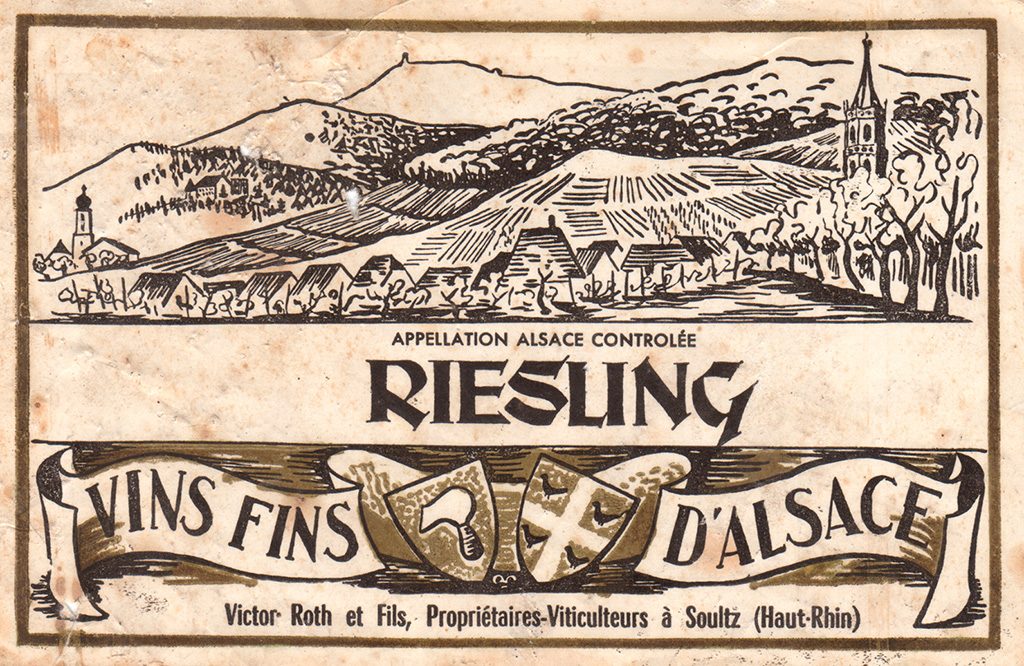
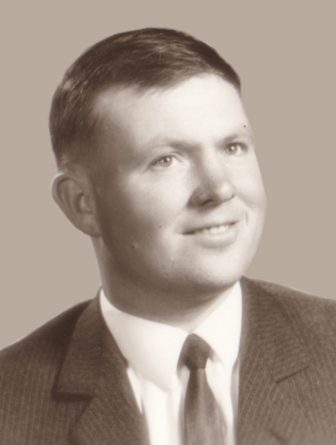
On Victor’s death in the early 1970s, Robert and his wife Geneviève decided to devote themselves solely to wine-growing and wine-making, abandoning any other agricultural activity. Robert also had the winery moved into the new buildings constructed on the Obermühle site. It was also in this period that his sons Patrick and Christophe Roth started supporting their father in his work. They both trained at Rouffach Viticultural College, while still playing an active part in the life of the Domaine.
But on Robert’s sudden death in 1986, the two brothers were obliged to take up the reins of the family estate, despite their young age. With determination and a great deal of work, they rose to this challenge and continued the expansion of the family operation. Christophe took charge of running the vineyard, now over 12 hectares, while Patrick looked after the vinification and marketing of the Domaine’s wines. His wife Estelle soon joined them to take charge of administrative and sales management. The early ’90s saw the arrival of the wines from the Mittelbourg and Orschwillerbourg terroirs, the grassing of the rows of vines to limit chemical weed-killing and erosion, along with the construction of new storage buildings.
In the mid-2000s, Christophe and Patrick Roth decided to move the Domaine towards Organic Farming, with the conversion finally starting in 2016. In 2015 the Pavillon Geneviève was opened, a showcase for the Domaine, housing the new tasting lounge and the offices. In 2017, Victor Roth, son of Patrick and Estelle, and the 4th generation of wine-growers, joined his parents and his uncle on the estate. Trained as an œnologist and after a variety of experience in Champagne, in Italy, in Switzerland, and in Alsace, he took charge of vinification, exactly 40 years after the 1977 vintage, the first vintage produced by his father Patrick. 2017 would also be the first vintage vinified without using any œnological additives, except a little sulphur. In 2018, the Domaine bought up land in a new terroir: the Hornstein. The vineyard now covers an area of 18 hectares.
